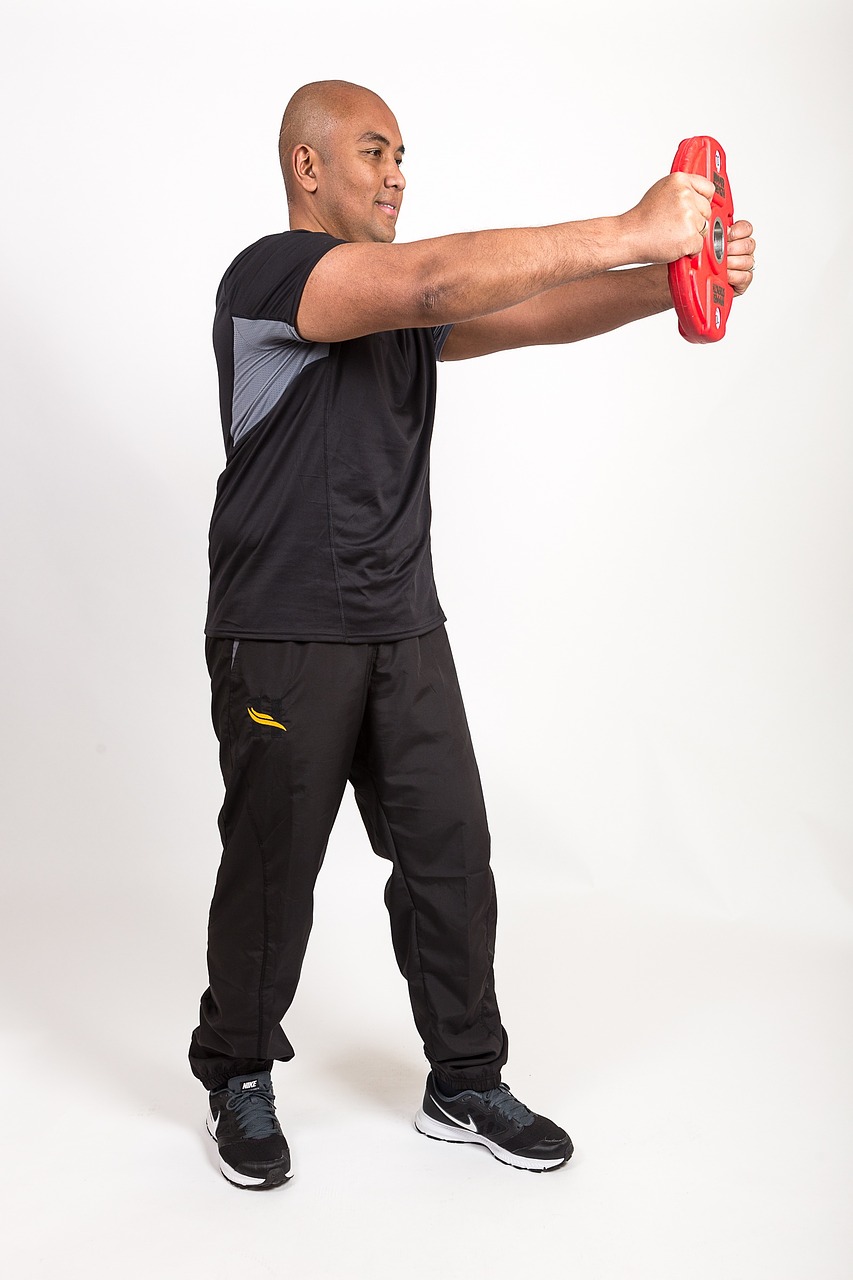The University of Cambridge has developed several new short, online courses to help boost the knowledge and education of professionals worldwide to enhance their skills. Starting with four, to what will expand to 50 in the next 5 years, these courses will be instructed by Cambridge academics and cost around £2000. In an effort to help professionals upskill in a difficult employment world, post-pandemic, these courses are being developed by the Cambridge University Press to help meet a skill-gap need.
The idea of these new courses has been fuelled by the changing mindset to online teaching and learning that has been propelled forward, thanks to pandemic restrictions. The layout of the courses will be catered and optimised for online learning as opposed to trying to replicate the in-person education experience.
If you are looking for some professional up-skilling courses, check out this new opportunity and see if there is yet, a suitable course for you.
 Teaching Training and Coaching Services
Teaching Training and Coaching Services
